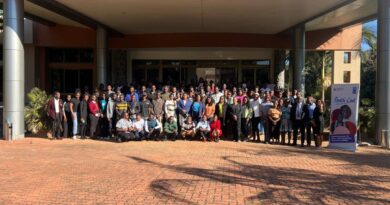$300B Annual Climate Deal Reached at UN Summit, Sparking Mixed Reactions
United Nations climate talks concluded with a deal to inject at least $300 billion annually to aid developing nations in their fight against climate change. The funds are intended to help these countries reduce dependence on fossil fuels, adapt to the effects of global warming, and recover from climate-induced disasters.
While the deal represents a significant increase from the previous $100 billion annual commitment, it falls short of the $1.3 trillion developing nations had requested. The agreement was adopted under intense pressure, but not without controversy.
COP29 President Mukhtar Babayev moved quickly to finalize the deal, angering several nations, including India and Nigeria, which voiced objections over the process and the insufficient amount of funding.
India’s negotiator, Chandni Raina, expressed frustration, stating, “We cannot accept it,” criticizing the deal as inadequate and the adoption process as unfair. Similarly, Nigeria’s Nkiruka Maduekwe called the agreement an “insult” to the most vulnerable nations.
In contrast, some representatives, such as Eamon Ryan, Ireland’s environment minister, welcomed the deal as a “huge relief” amidst difficult global conditions. The agreement is seen as a crucial step, albeit a modest one, with hopes that further funding will follow from both public and private sources.
U.N. Secretary-General Antonio Guterres, while acknowledging the deal’s shortcomings, described it as “a base on which to build.” Climate activists and experts emphasized that while the $300 billion is a positive start, it is not enough to meet the scale of the climate crisis.
World Resources Institute President Ani Dasgupta called the deal a “down payment” and urged more action to increase funding in the coming years.
The agreement also included provisions for the creation of carbon markets to facilitate emissions trading, but these measures remain contentious, with critics arguing they may enable big polluters to avoid real reductions in emissions.
As the summit wraps up, all eyes are on the next round of talks in Belem, Brazil, where further negotiations on climate finance and emission targets are expected to take center stage.



